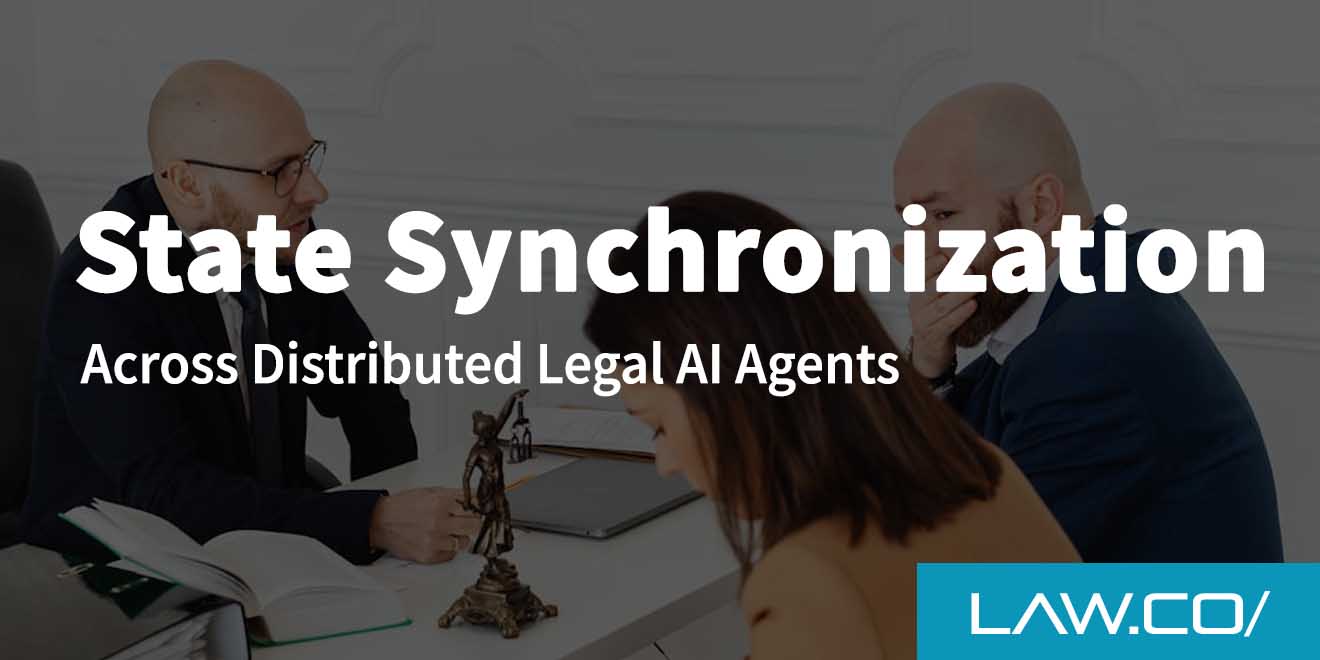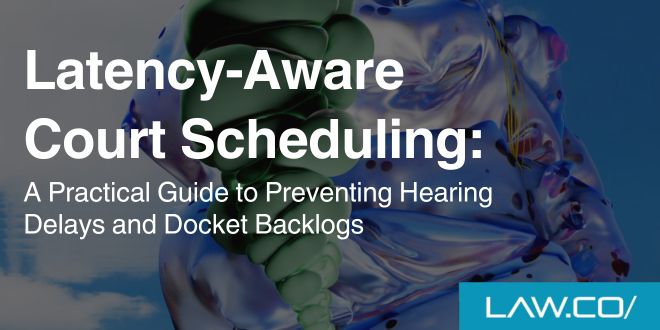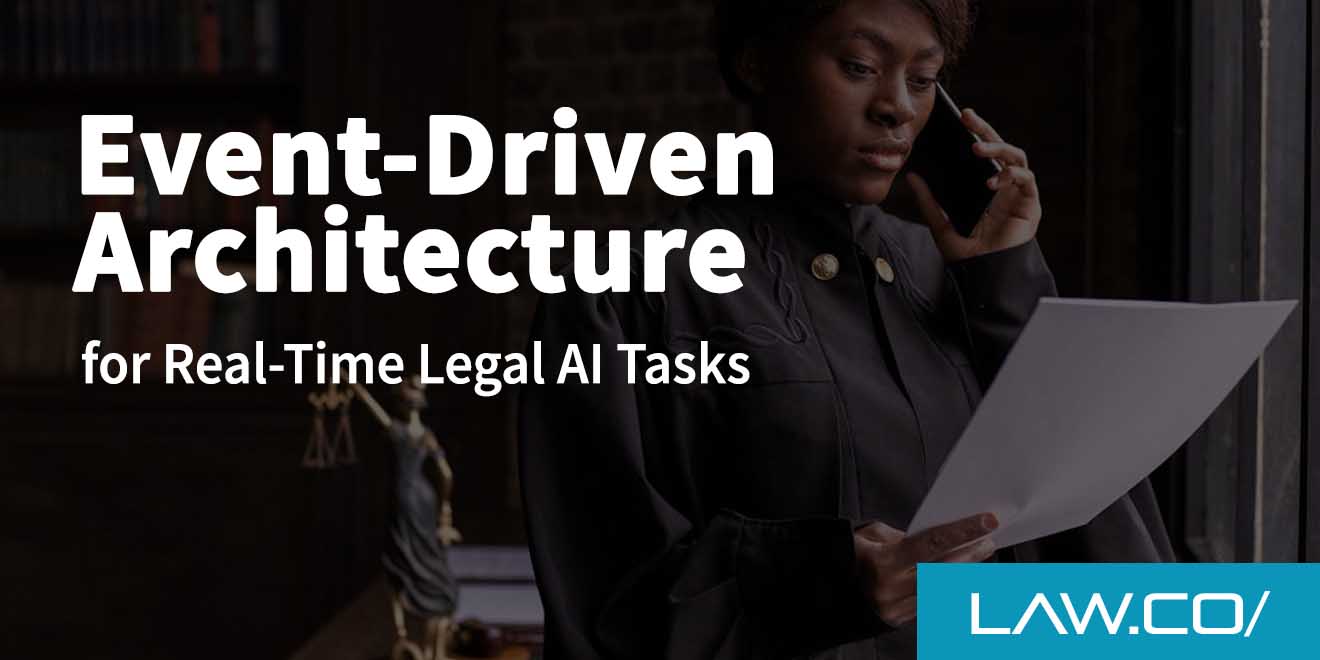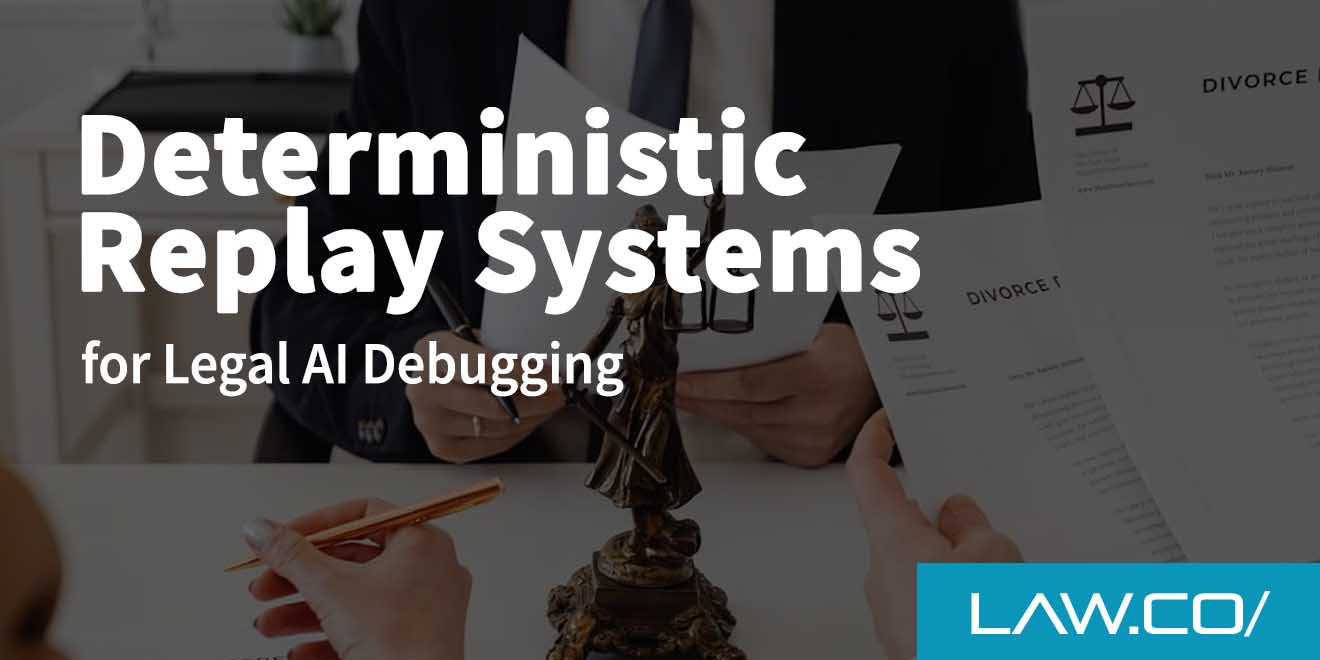

Is Legal AI Suitable for Legal Advice?
No, not really.
Isn’t it nice when we answer the question upfront?
If you’re satisfied with that type of quick answer, feel free to move along.
But if you want to know more about why this is the case, about the niche areas where legal AI may be useful for generating important legal information, and about how legal AI may evolve in the future – strap in.
What Is Legal Advice?
First, we need to define what we mean by “legal advice,” because yes, it is important.
Casual users of this term may informally mean any information or suggestions relayed from one entity to another, so long as the information or suggestions are relevant to the law in some way.
However, in the formal context, legal advice must fulfill certain requirements – and carries some important ramifications.
First, and most importantly, legal advice can only be given by a qualified lawyer, at least legally. Even providing a disclaimer that you are not a lawyer isn’t sufficient to circumvent this. Already, you can see why AI is not capable of providing legal advice in the formal context; it’s not even human, so it can’t go through the steps of completing law school or passing the BAR exam.
(At least, not yet)
Second, the entity providing legal advice is typically held accountable for that advice. If a lawyer gives advice that causes a client to commit a criminal action, the lawyer may be held criminally liable. If a lawyer gives advice that leads to an objectively worse outcome for a client, they may be held liable for damages.

Do note that legal advice is distinguished from legal information. Legal information is simply the reiteration of a fact related to the law. For example, we can freely explain how certain court processes work, we can cite the wording of various laws and ordinances, and we can even provide templates of legal documents with some brief instructions on how they're usually completed.
However, these actions are simply the provision of legal information. They do not constitute legal advice.
Why Legal AI Cannot Give Formal Legal Advice
Legal AI is impressive.
And if you don't believe us, you can see it for yourself.
Modern legal AI systems can tap into a tapestry of different sources, looking up historical cases, researching existing laws, and scouring the internet to find the information necessary to sufficiently answer user prompts. In a matter of seconds, you can use legal AI to find information on almost any conceivable legal topic.
However, legal AI can't provide you with legal advice.
Legal advice can only be given by a human lawyer with the credentials and qualifications necessary to dispense legal advice. Legal AI systems don't have this, and probably won't for the foreseeable future.
Additionally, legal AI systems themselves can't be held responsible for outcomes related to any legal advice they would dispense.
It's also important to remember that legal AI, while technologically marvelous, does have some limitations and weaknesses.
For example:
· AI hallucinations. Some AI systems, including legal AI tools, have been known to produce AI hallucinations on rare occasions. These are essentially fabrications presented as true; quite infamously, legal AI systems have invented fake cases, and lawyers have faced significant consequences for trying to utilize those fake cases. Even though this type of thing doesn't happen regularly, it's still an important reason why we can't fully trust legal AI to provide us with sound legal advice.
· Outdated information. Legal AI tools function as very advanced search engines, often scouring many different types of sources to come up with the best possible results. However, many of these tools don't have immediate and direct, real-time access to the internet. Accordingly, they may be working with slightly outdated information. In matters that demand attention to the latest legal developments, legal AI is insufficient.
· Generative limitations. There are also some generative limitations associated with modern AI tools. While generative AI can produce coherent, logically sound, apparently natural sentences, it doesn't have the capacity to conjure novel legal arguments or even think creatively about the information it's presenting. In many complex cases, legal advice is dependent on a lawyer's ability to not only consider the facts in play, but use those facts to figure out the best possible approach – even if it’s somewhat new or unusual.
No individual, lawyer, or other entity should seek the help of legal AI for formal legal advice.
Why Legal AI Is Still Helpful (and How to Use It)

That said, legal AI is still extraordinarily helpful if you're researching a particular legal topic or if you're a lawyer looking for faster answers for your clients.
That's because legal AI is incredibly good at providing legal information.
If you have any competence in prompt engineering, you can quickly and easily gather all the information necessary to make a legal decision. You can better understand the law, take complex documents and reduce them into something simpler, research historical cases, and even formulate and test your arguments. On top of that, you can use legal AI to help you draft documents, double check your work, and ensure that you're doing everything properly.
It's important to recognize that this should still be treated as the first step of a multi-step process. Yes, you can use legal AI to better understand the law and expedite some of your research. But if you're a lawyer, it's still your responsibility to validate everything the legal AI system is generating and be the final authority on all matters pertaining to legal advice. And if you're an individual user trying to find an inexpensive way to get the legal advice or information you need, you should know that legal AI does come with some inherent limitations.
If you do find yourself in the latter group, you should know that the ABA does offer free legal advice, from real, qualified human lawyers to people with low income.
In pursuit of either generating or receiving legal information from legal AI, be sure to follow these best practices:
· Understand the strengths and weaknesses of legal AI. You should be intimately familiar with the best strengths and worst weaknesses of legal AI before you even begin using this type of tool. Legal AI isn't a genie, nor is it even a search engine. It's a powerful new technology that can do a lot of things very well, but we're still figuring out exactly what its place should be. If you're uncertain about anything, err on the side of caution and assume the legal AI doesn't know what it's talking about.
· Seek raw information, rather than direction. Nobody should be consulting legal AI for real legal advice or any kind of direction or guidance. Instead, legal AI is best used for seeking raw information and assisting with tasks that would otherwise take a long time. It's more like opening a book than talking to a person, even though you'll be interacting with the legal AI in a conversational manner.
· Practice effective prompt engineering. This tip is especially important for lawyers. If you want to get the best possible results from your legal AI engine, it's imperative for you to practice effective prompt engineering. That means finding exactly the right prompts to get the results you need from a legal AI engine.
· Validate, proofread, and double check. In the vast majority of cases, legal AI will provide you with accurate, factual information that's going to help you in your journey. However, because even a tiny mistake can have catastrophic consequences in a legal setting, it's important to take the small risk of inaccuracies and hallucinations quite seriously. Always validate, proofread, and double check the work provided to you by a legal AI.
· Take accountability for anything you do. Finally, take personal accountability for everything you do, including every legal action you take. You cannot and will not be able to blame legal AI for any of your own decisions. As a lawyer, you have to own the legal advice you dispense, even if you use external tools to help craft it. As an individual, unless you've sought professional legal advice, you are the one guiding your own destiny.
The Future of Legal Advice From Legal AI
Keep in mind that this article was written during the earliest stages of development of legal AI and other powerful AI tools. Futurists and techno-optimists speculate that this is the beginning of a massive explosion in artificial intelligence, which could lead to the creation of engines and entities that far surpass human intellectual capabilities.
In the next few decades, we may see the rise of tools that rival human lawyers in terms of cognitive ability. If that happens, we may need to revisit how we think about and frame legal advice.
But until then, legal AI is best used as a powerful research assistant, rather than a human advisor.
If you're interested in testing the limits of what legal AI can do, or if you just need a little extra help finding legal information quickly, our legal AI tool is the perfect place to start. Sign up for a free trial today!

%201.svg)










